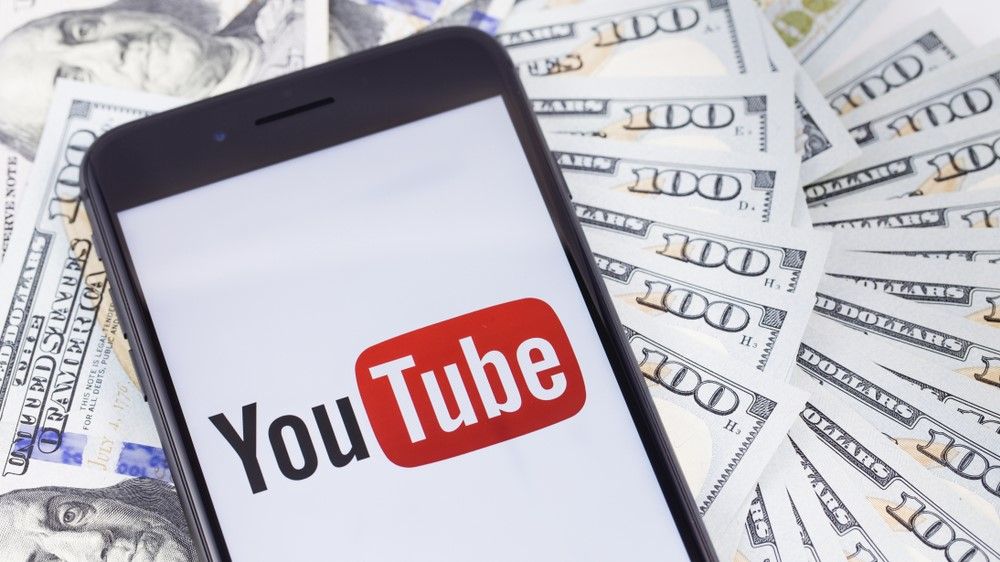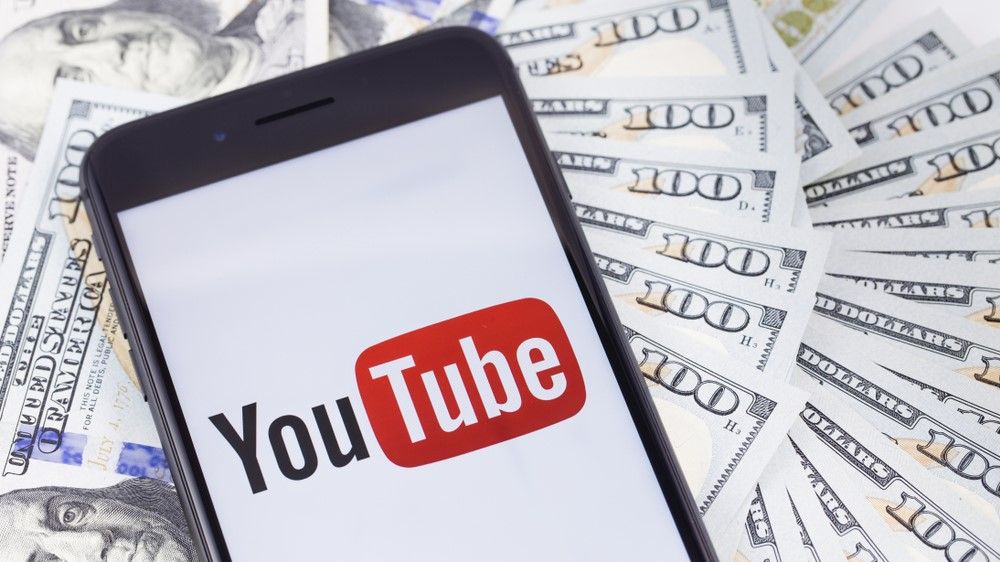
YouTube has escalated its crackdown on apps blocking adverts in its videos, causing some to stop working entirely, stating that they violate YouTube’s Terms of Service.
YouTube posted the details on its community forum explaining that using third-party apps to block ads like NewPipe will cause users to have buffering issues or the video not playing and displaying the message: “The following content is not available on this app.”
YouTube justified this change by stating that blocking ads “prevents the creator from being rewarded for viewership,” explaining how advertisements support the creators and keep the streaming service free, at least at the entry-level.
However, many professional YouTubers have claimed it’s harder to make a living from ad revenue alone on YouTube and supplement this with paid sponsorships and by using subscription-based platforms like Patreon to continue making money on YouTube.
But, this push could be YouTube trying to encourage more users to pay for YouTube Premium, which offers an ad-free viewing experience instead of using free ad-blocking apps and extensions.
YouTube pointed this out saying that some users prefer an ad-free experience so it offers a paid-for ad-free option with YouTube Premium, which is currently £12.99 / $13.99 / AU$16.99.
Furthermore, Google announced that third-party apps must comply with its API Services Terms of Service and “will take appropriate action against apps that violate these terms.”
This appears to be an expansion of YouTube’s previous efforts to convince ad-blocking users to either run ads or buy YouTube Premium as part of a project that tested a three-strikes policy for users blocking ads.
Google experimented with banning ad-blockers from the Google Play Store in 2016 but later reversed this decision. However, in 2022, Google took a stricter stance by banning Android VPN apps that didn’t use the VPN service API from the Play Store, claiming they interfered with advertising.
As developers strive to outpace YouTube’s efforts and find workarounds, YouTube will attempt to protect its ad revenue. Possibly taking legal action, as demonstrated when it issued a cease-and-desist letter to third-party ad-blocking app, Vanced which was shut down in 2022.
You may also like
Services Marketplace – Listings, Bookings & Reviews
